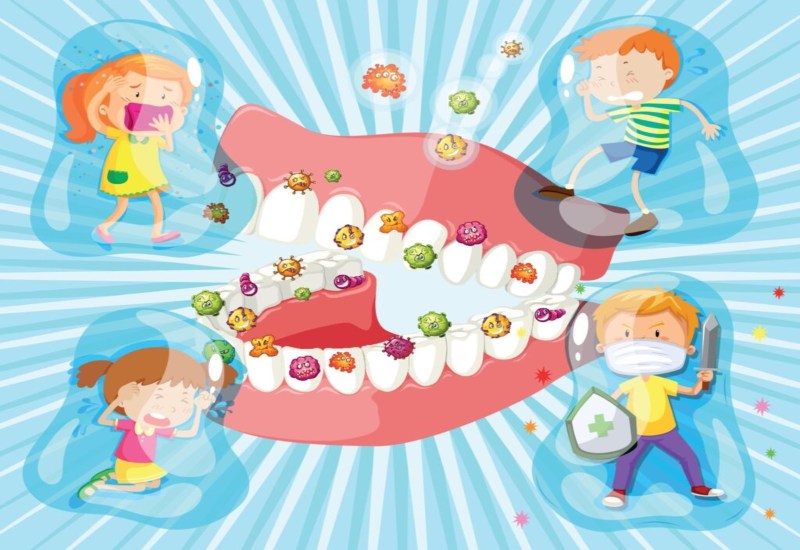Our 3 Locations
Streptococcus Mutans and Your Mouth

When dentists tell you that this or that causes cavities, we mean something very specific. Essentially, the only thing that causes cavities is mouth bacteria. We cause the bacteria to have a more comfortable home in our mouths by failing to brush and floss daily or eating certain types of foods that the bacteria like to live on. Eventually, the bacteria eat the excess food in your mouth, but they don’t stop there. They will continue to dine until they eat through your tooth enamel and pulp. Ultimately, this is what results in cavities.
Streptococcus Mutans (aka S. Mutans) is the most likely bacteria to result in broadscale tooth decay.
The Science Behind Tooth Decay
Everything is chemistry, but this is easy to understand, unlike your high school chemistry class. You eat a fudge round. You like fudge rounds. S. Mutans also likes fudge rounds. S. Mutans begins eating the sugary leftovers in your teeth. Just like humans, bacteria “poop” or excrete after consuming. The “poop” is actually an acid. The acid causes your tooth enamel to weaken. This is what results in cavities and tooth decay.
In other words, sugary foods are yummy to bacteria who grow inside your mouth and digest the leftovers producing an acid that weakens your tooth enamel.
The Importance of an Oral Hygiene Routine
Laypeople believe that medicine “cures” or “fixes” a problem. This could be true for a surgeon, but most doctors are simply dealing with forces that cause a bad outcome. In order to prevent that outcome, we exert force in the opposite direction. Antibiotics are a great example of this. An infection builds in your body so you take an antibiotic. The infection doesn’t go away immediately, but the antibiotic strengthens your immune response and helps your body fight off the infection naturally. In other words, we put pressure in the opposite direction.
When it comes to oral hygiene and preventing cavities, doctors recommend that patients exert force in the opposite direction as S. Mutans. This could mean avoiding sugary foods or (better yet) making sure you brush twice a day and floss once a day. While perhaps less complex than prescribing medication, dental hygiene operates the same way an antibiotic would. It reduces the overall number of bad bacteria in your mouth, gives them a more hostile environment to live in, and eventually mitigates the damage that the bacteria can do.
Good oral hygiene exerts force in the opposite direction of the bacteria. This reduces the potential for cavities significantly. Those who properly brush and floss daily rarely have issues with cavities.
Talk to an Arizona Dentist Today
Issues with cavities? Not a problem. Peak Family Dental Care can help you manage the pain, treat the infected tooth, and put you on the path to avoiding cavities in the future. Call us in Sedona today to learn more!
